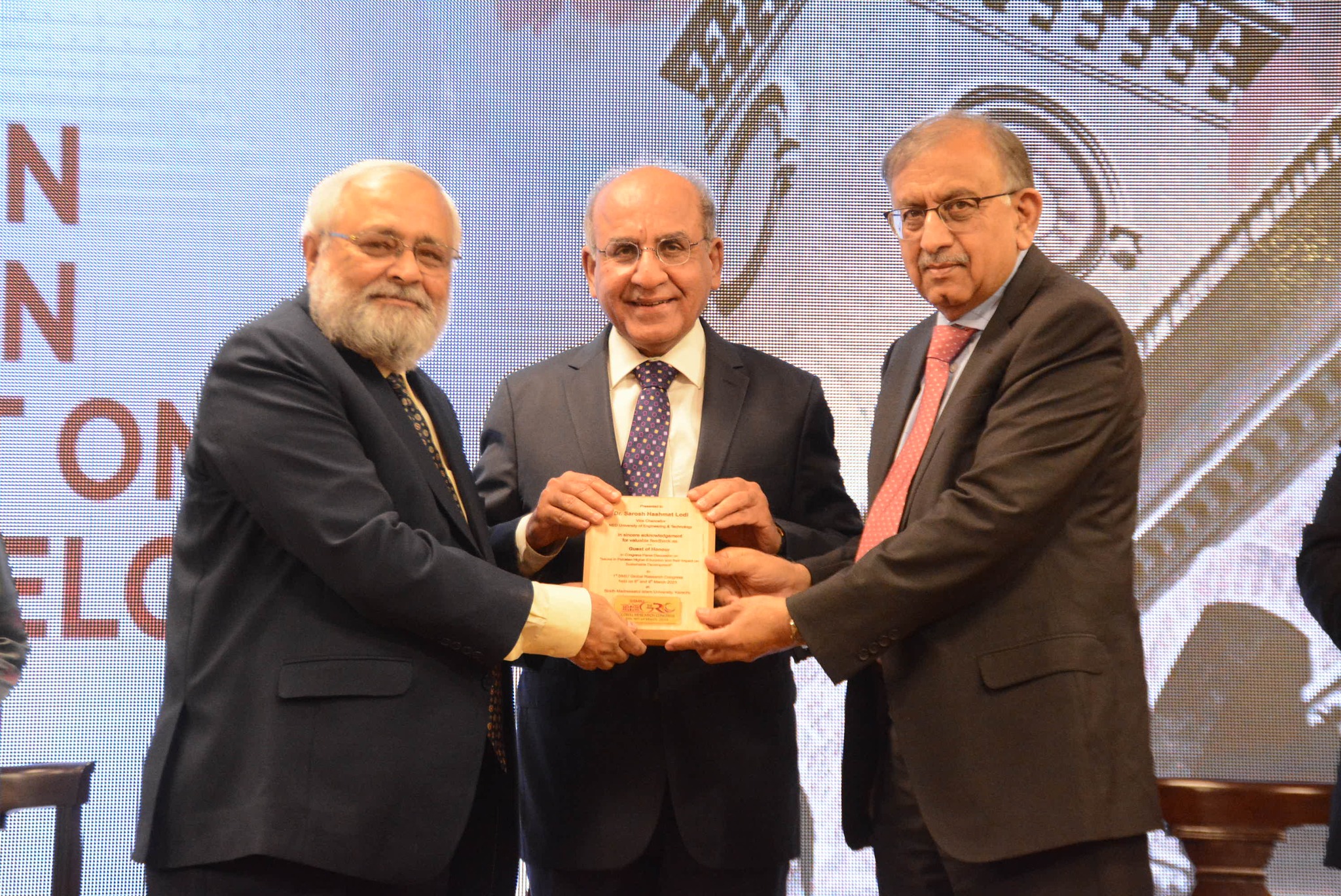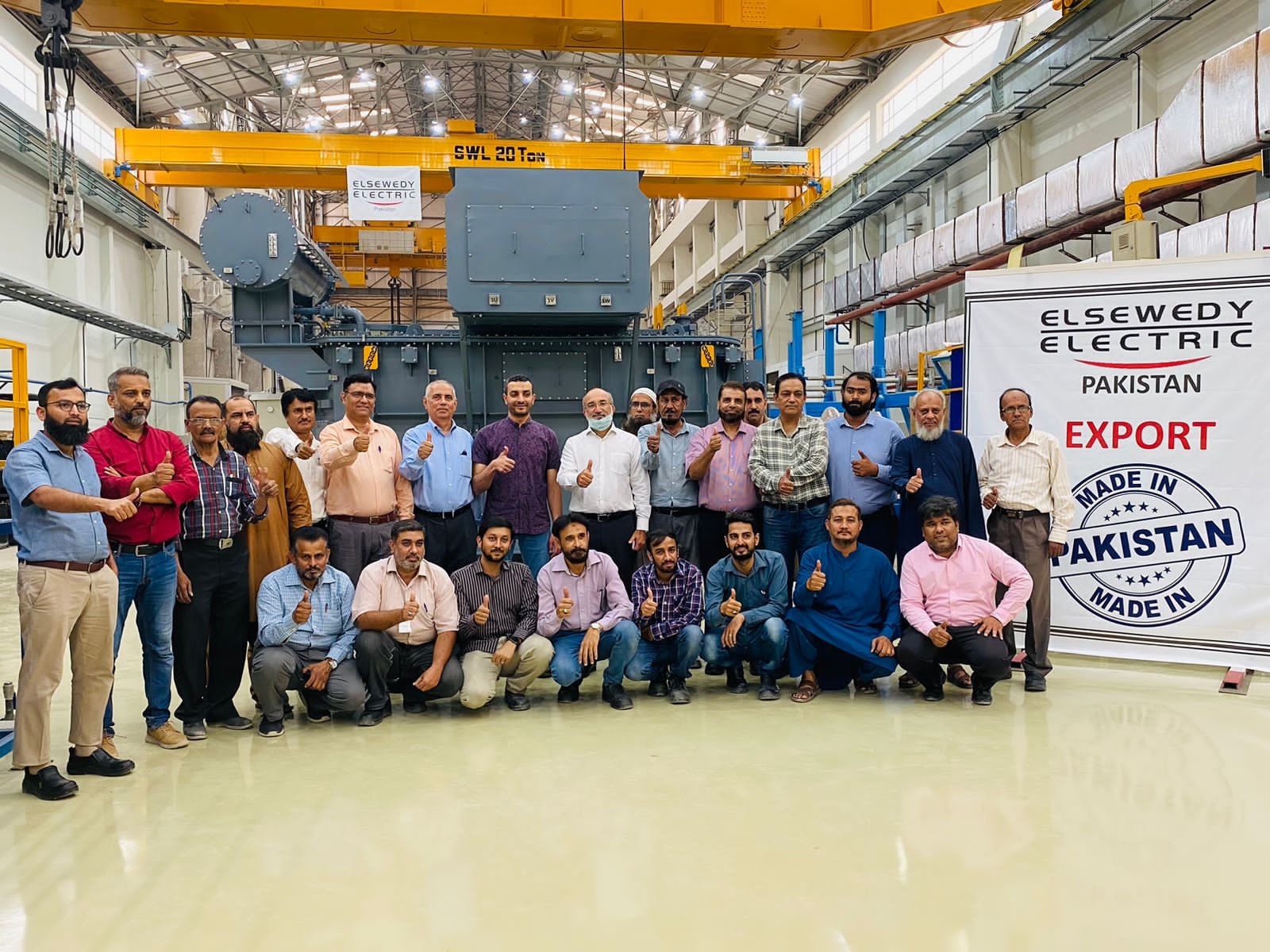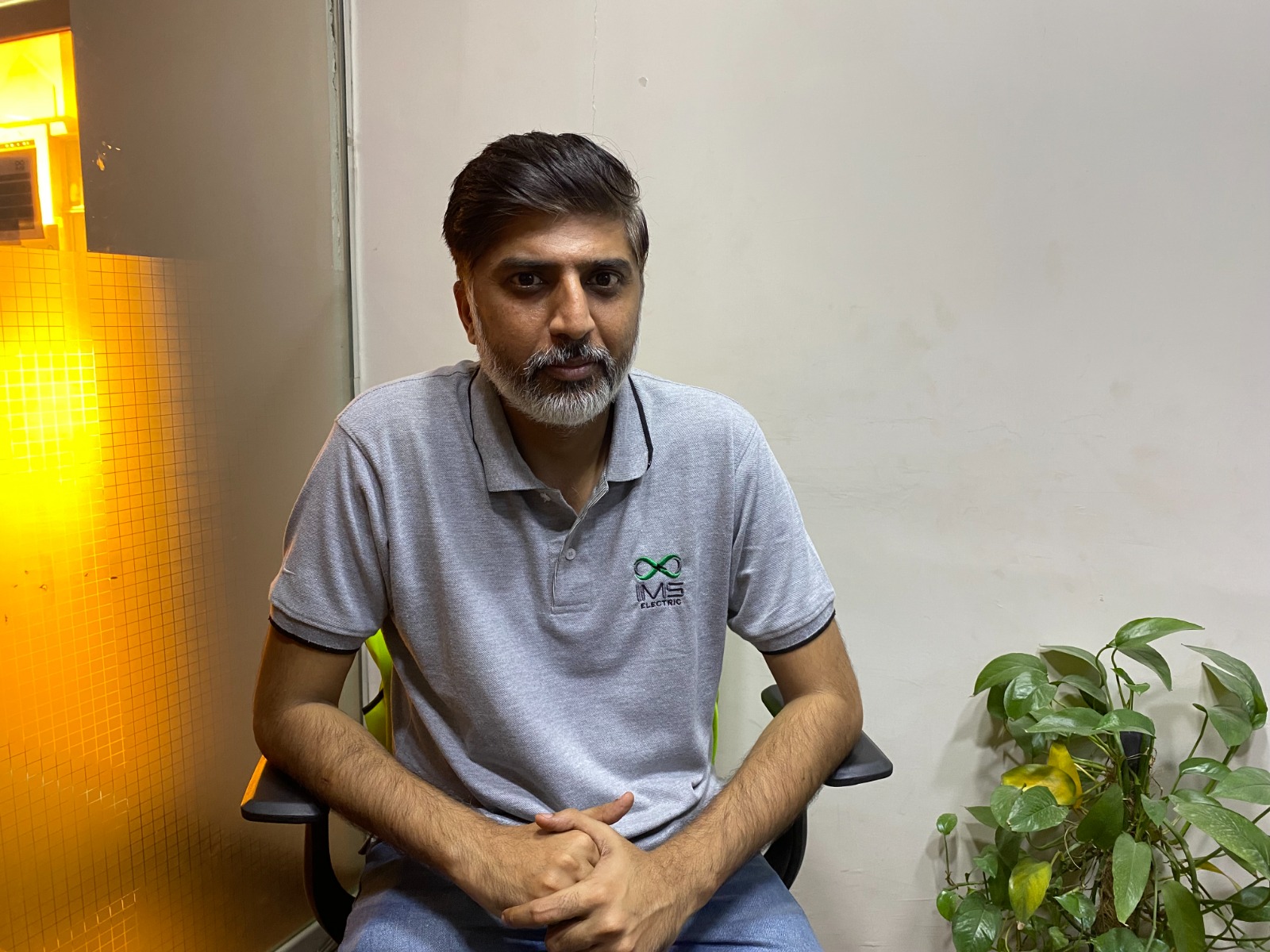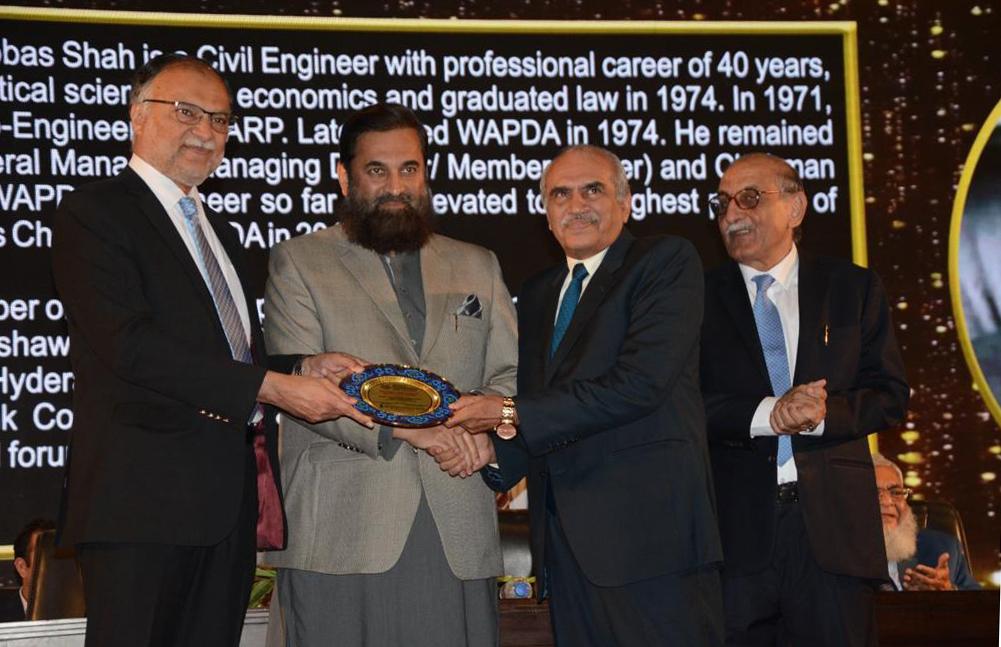SMIU organizes 1st Global Research Congress
GRC 23 calls for adopting inclusive, integrative, innovative practices
Sindh Madressatul Islam University (SMIU) organized the 1st SMIU Global Research Congress (GRC 23) and five international conferences this month […]




